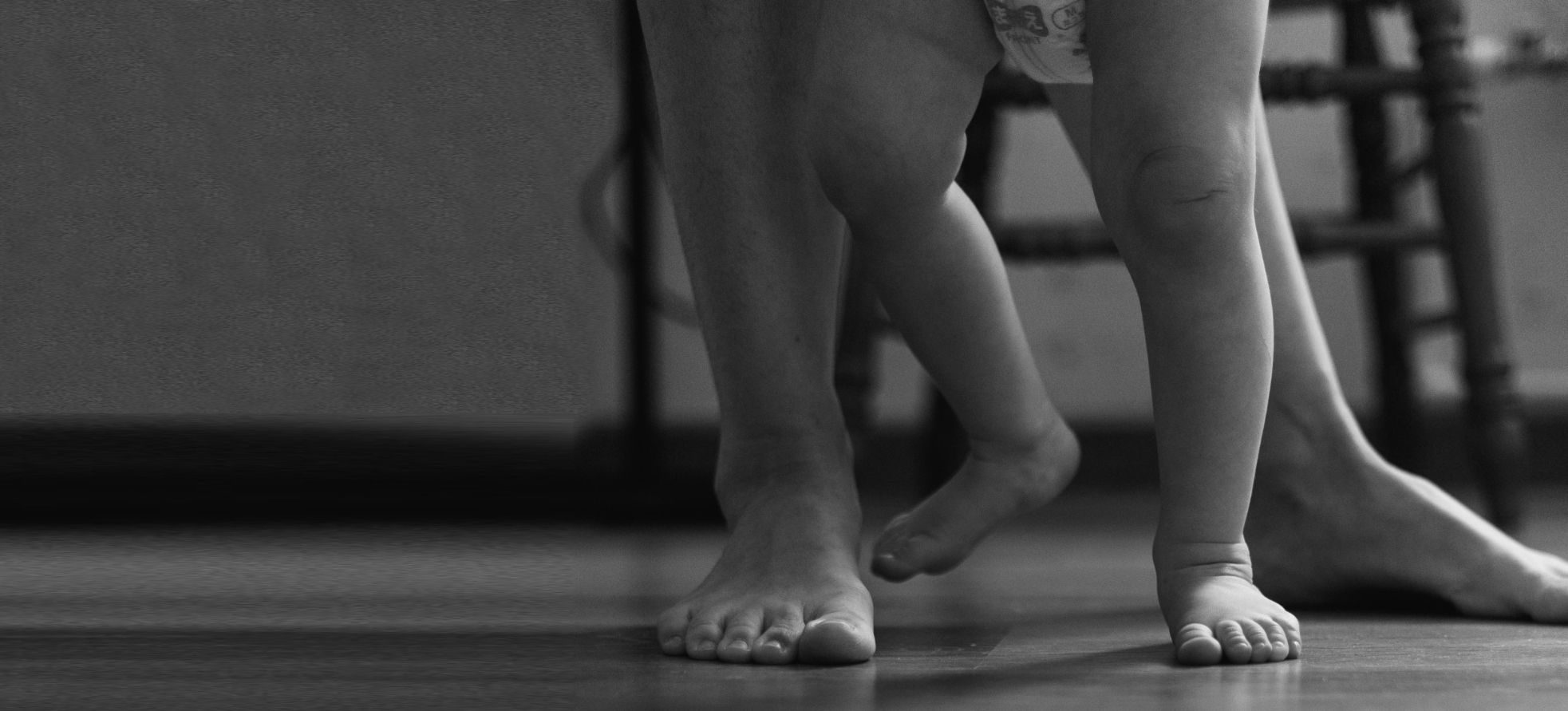“Some parents worry if their child is not learning to talk and walk early. But that is a fundamentally mechanical criterion of educational success.”
– Sarah Fitz-Claridge
From the archives: Posted on the home-ed list on 16th August, 1995
(The [square brackets] are mine; the rest is quoted from the postings of Heather and Joe)
Joe wrote:
“Heather was arguing that because her kids
[4] learned to walk and talk in inverse proportion to the amount of teaching she did,
that meant that
[3] teaching walking and talking was generally ineffective.”
He suggested:
“I offered evidence to weaken that conclusion.”
Hmm, well let’s look at what Heather really said in that earlier message:
“When my older daughter was a baby, I thought
[1] I had to do something in order for her to learn to walk and talk.
I did baby exercises with her, deliberately talked to her all the time and encouraged her to copy me and fussed a lot. She was an average walker and an early talker. When her sister came along, I didn’t have the time to worry about teaching her to walk and talk. She walked at 9.5 months and was an earlier and more effective talker than her sister.”
Joe replied:
[2] “I did nothing with my first 2 kids, and they were late walkers and talkers. I did much more with the baby, and he was a very early walker and talker.”
Between them, Heather and Joe have touched upon the first four of the following five theories:
[1] Teaching is essential for learning to walk and talk
[2] Teaching assists learning to walk and talk
[3] Teaching is irrelevant to learning to walk and talk
[4] Teaching is harmful to learning to walk and talk
[5] Teaching prevents learning to walk and talk
Specifically, Heather began by stating that she used to hold theory [1], but that her subsequent experience refuted that theory. It does refute it (but we must ask, did Heather really hold it, or was she exaggerating?).
Then Joe accused Heather of asserting theory [4], and theory [3]. (He can’t have it both ways, though.) Perhaps she was asserting one of them, implicitly. However, even if Joe is right that Heather is asserting [3] or [4], his reply is irrelevant because his observations are perfectly consistent with theory [3] or [4] being true. Nor does it “weaken” Heather’s refutation of theory [1]. Nor does it strengthen theory [2], the theory that Joe is implicitly endorsing, because evidence confirming a theory does not strengthen it.
Theories [1] and [5], the uninteresting ones that no one really believes, are the only refutable ones, and indeed both are refuted by the evidence of both Heather and Joe. The other three are not refutable, since there is no possible outcome that they predict won’t happen. (Since a controlled experiment is impossible here, we cannot tell what any of the children would have done if they had been treated differently, because we cannot hold constant any number of other factors that could be involved.)
I have set out this little analysis because this invalid form of argument-from-experience often appears in debates about education and child-raising.
I would also like to stress perhaps a more important point about this exchange, namely that both parties make a completely unsubstantiated assumption that learning to talk and walk early is a good thing. This is a fundamentally mechanical criterion of educational success.
See also:
- How will current theories of education look in the future?
- Rediscovering my joy as my children follow theirs
- Be a bystander who makes a difference
Sarah Fitz-Claridge, 1995, ‘Rival theories about early walking and talking’, https://takingchildrenseriously.com/rival-theories-about-early-walking-and-talking
